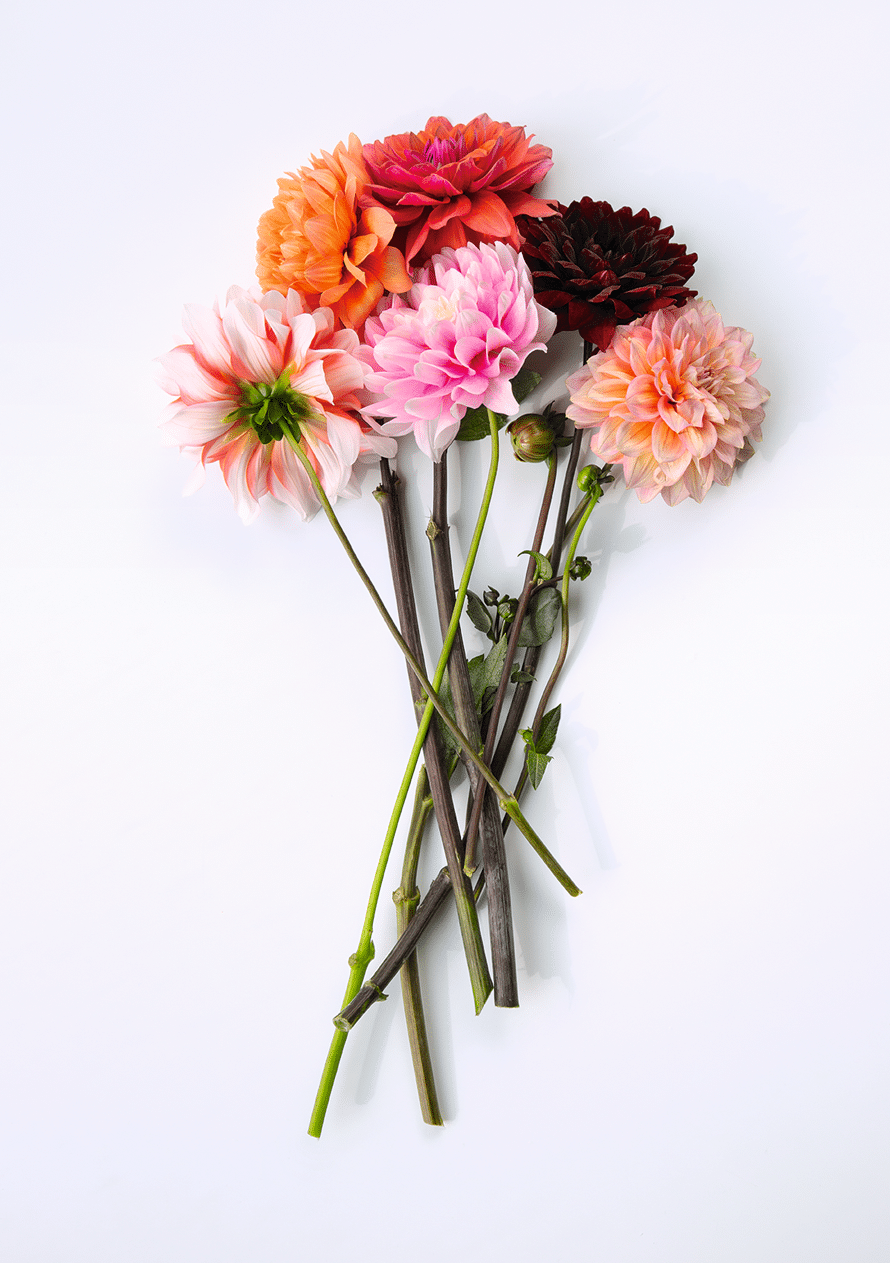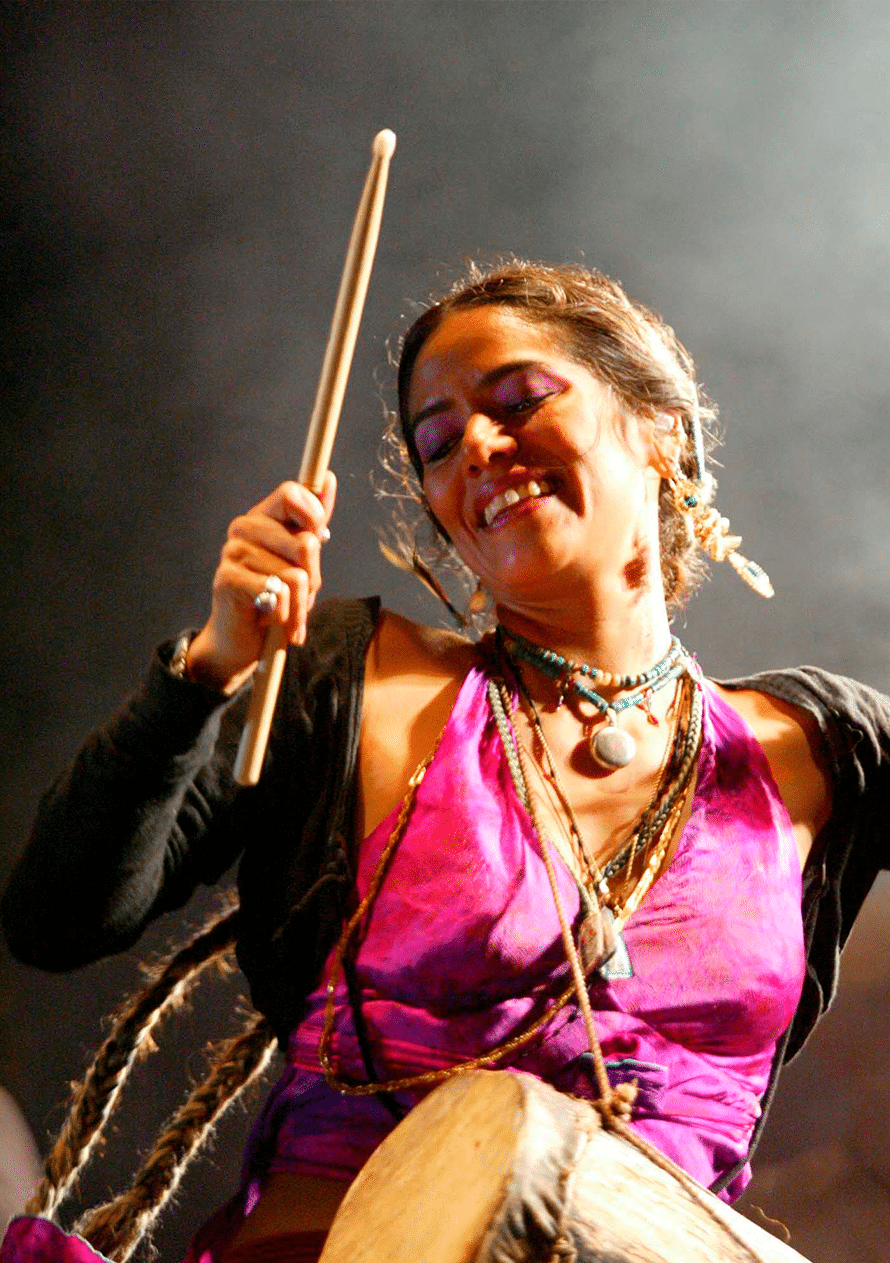Dahlia is the national flower of Mexico. Originally known as acocoxóchitl —“hollow stems with water” in Nahuatl—, its cultivation dates back to the splendor of the Aztec Empire, when its beauty captivated the Mexica rulers. It was the favorite flower of Moctezuma II and Nezahualcóyotl, who used it to decorate temples and houses during rituals. Later, it captivated president Adolfo López Mateos, who in 1963 named it by decree “the symbol of national floriculture in all its species and varieties”.
Besides being used as an ornament, for its beauty and color, dahlia is also used in the preparation of countless recipes. Its tubers are used in traditional medicine to treat chronic cough and regulate blood sugar levels, since it contains inulin, a vegetable insulin.

Lila Downs —anthropologist, actress, composer and singer— was born in the Heroic City of Tlaxiaco, Oaxaca, in 1968. Daughter of Anita Sánchez, a Mixtec singer, and Allen Downs, a filmmaker originally from Minnesota.
During her childhood in Oaxaca, she began to sing rancheras and traditional songs; later she decided to study opera in the United States, where the cultural contrast caused her an identity crisis. She confessed that she “felt ashamed of being half American and half an indigenous Mexican”, it bothered her that her mother spoke Mixtec in public, and at one time she even dyed her hair blond.
Fortunately, music, language and roots are stronger than imposture and Lila made peace with her mixed race condition. Now she sings in Spanish, English, Zapotec and Mixtec, sticking to a commitment that has made her an ambassador of Mexican and Oaxacan culture.
She has recorded more than 10 albums, among which are: La sandunga (1999), Una sangre (2004), and Pecados y milagros (2011). Her tours take her to the most distant stages, where she always appears dressed in garments that combine typical textiles from different ethnic groups, proud to spread the culture and music of the Mexican indigenous people around the world.


